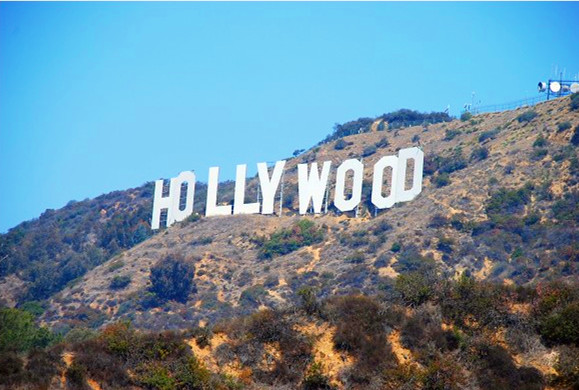
Latest stats are suggesting the Chinese box office may surpass the US as the world's largest by as early as 2018.
Jim Rainey is a senior film reporter with US-based film industry publication Variety.
He says the overseas markets have become something U.S. filmmakers can no longer ignore.
"In the old days, if you opened a film in the U.S. and it did good box office in the US, that's all you needed to worry about. But now most of these big, especially these big tentpole, the big event movies, they're making three quarters, roughly, of their box office overseas."
One area which is gaining a lot of attention among film industry observers in the United States is the draw toward big-budget films in China.
A number of recent high-budget films have had poor showings in the North American market, but have seen their bottom-line bolstered by revenues from China.
A prime example of this is the latest in the Terminator series, Genysis, with Arnold Schwarzenegger.
The film cost 155 million dollars to produce, but pulled in less than 90-million at the US box office.
But in China, Genysis has raked in more than 100-million US dollars.
However, it's not just about ticket sales in China.
Hollywood films are also starting to use more and more Chinese money to back projects.
The latest Mission Impossibl film, Rogue Nation, was partially funded by Chinese internet giant Alibaba.
Jim Rainey with Variety says this is prompting more and more filmmakers to take steps to try to cater to the Chinese market.
"To get that stamp of approval from the Chinese government, I'd like to say that American filmmakers are going to stand strong by their principles and never bend. But if they think they can get into the Chinese market and they have to make a few alterations, I think they will alter the content."
Transformers: Age of Extinction is one film which US critics panned for its overtly Chinese themes.
However, some say the strategy has paid off.
Age of Extinction is one of the highest grossing films of all time in China.
At the same time, Chinese filmmakers are hoping to turn a one-way street into a two-way exchange.
Chinese film producer Jean Su suggests the growing interest and understanding of Chinese culture among people in North America is something producers need to capitalize on.
"Our stories are organic. It's not just in order to put a diversity into the film you put an Asian for a small role and say a few words. No. Our stories, it came from our experiences."
One film being touted as an opportunity to promote Chinese stories to a North American audience is the latest installment of the Monkey King franchise.
The new film, Monkey King 2 is a joint Chinese-US production combining talent from both sides of the Pacific.
The original, though getting mostly luke-warm reviews, was a major hit in China and abroad, grossing over 180-million US dollars internationally.
Monkey King 2 is due out in early February.





